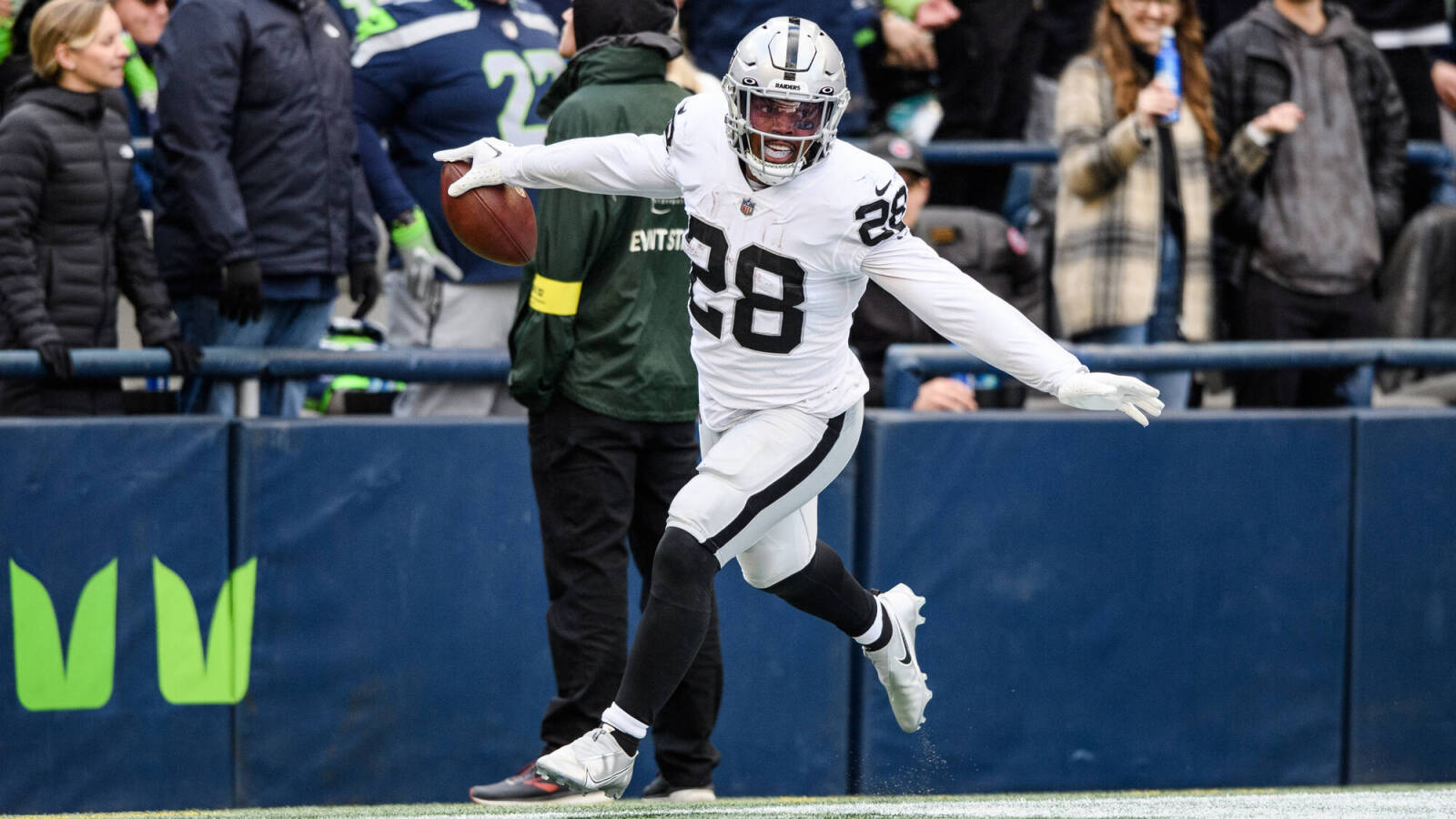Many people worry about large corporations holding too much power. There’s a sense in which I can share this concern. Regulatory capture by large corporations is a real thing, and its effects are undesirable. In a similar vein, when Pfizer worked in league with the government of New London to use the power of eminent domain to seize people’s homes, that definitely gives me the feeling that Pfizer and other similarly large companies can now wield real power over me in a way they wouldn’t without the benefit of the state. By itself, Pfizer would not be able to force anyone out of their home against their will. For that, they need the government. To me, the best way to solve this problem is to have a government with economic power too limited to be worth coopting.
But sometimes people talk as though companies have “power” simply by being successful as such. Wal-Mart, for instance, is frequently accused of being too powerful because it successfully outperforms so many of its competitors in the marketplace. But is this “power” in any sense worth worrying about? I almost never shop at Wal-Mart, and I don’t have any plans to start. And there isn’t a thing Wal-Mart can do to cause me to behave otherwise. They currently have a location less than two miles from where I live, and yet, nothing they do can compel me to spend a single cent there if I don’t want to.
In response to this, I’ve often heard something like the following:
Sure, right now there’s nothing Wal-Mart can do to force you to shop there. But you’re only looking at the short term. Without the government to keep Wal-Mart in check, eventually they would drive every other option out of town. Before long, Wal-Mart would become a monopoly and be your only option, and at that point you’ll be powerless to turn them down.
There’s a lot wrong with this story. For example, it fails to account for the fact that the vast majority of what Wal-Mart sells can be classified as inferior goods. In economist-speak, an inferior good is something you buy less of as your income increases. (In contrast, a normal good is consumed more as income increases.) When my income was much lower, I frequently shopped at Wal-Mart because the groceries there, while not high quality, were inexpensive. As my income increased, the quantity of low quality groceries I bought from Wal-Mart decreased, and the quantity of more expensive but higher quality groceries I bought increased. Wal-Mart is much less competitive against normal goods, which is why Wal-Mart can exist in close proximity to a Trader Joe’s or a Whole Foods. This is just one reason why true monopolies, when they exist, almost always required the use of government to develop and maintain, whether through artificial barriers to entry or other state means.
But let’s ignore that. Let’s suppose that the worst case scenario described above was to actually come true, and Wal-Mart became the only game in town. In that case, the situation would be comparable to the normal state of affairs when dealing with government. Where I live, there is, and can only ever be, one city council. If Wal-Mart became the only store available in city limits, then this worst scenario would be on par with the normal situation one faces when dealing with city hall. And even then the situations aren’t really symmetric. While I can simply drive to the next town to do my shopping anytime I wish, I can’t live under the laws of the next town without actually moving there. Driving to the next town over to do my shopping is at worst a minor hassle, whereas moving to a new location, even just to the next town, involves a major cost in time, effort, and expense.
One might suggest there is an equivalence in that while Wal-Mart faces the discipline of the market, city hall faces the discipline of democratic elections. Unfortunately, in the real world, democratic elections influence government activity far less than people suppose.
I don’t worry too much about the power of private companies, at least when they aren’t working in league with state power. But in a way, those who express this concern are, without realizing it, offering a subtle tribute to markets. They implicitly acknowledge that the worst possible outcome of market activity would be only as bad as the ordinary, run of the mill situation with government activity. That’s a risk I can live with.
Kevin Corcoran is a Marine Corps veteran and a consultant in healthcare economics and analytics and holds a Bachelor of Science in Economics from George Mason University.















